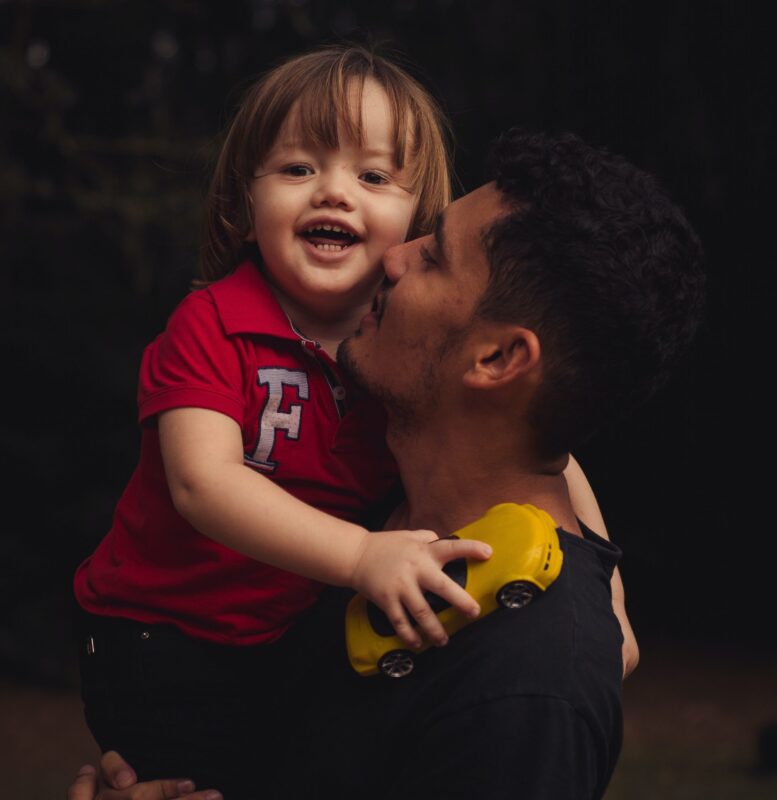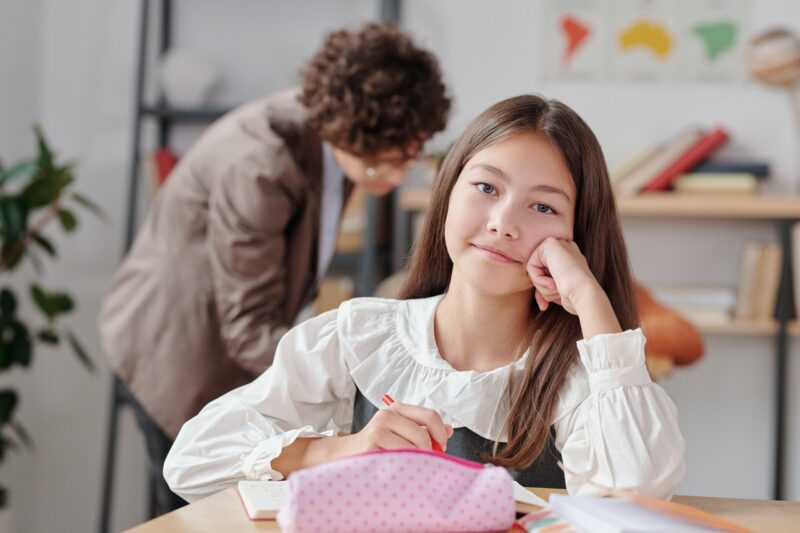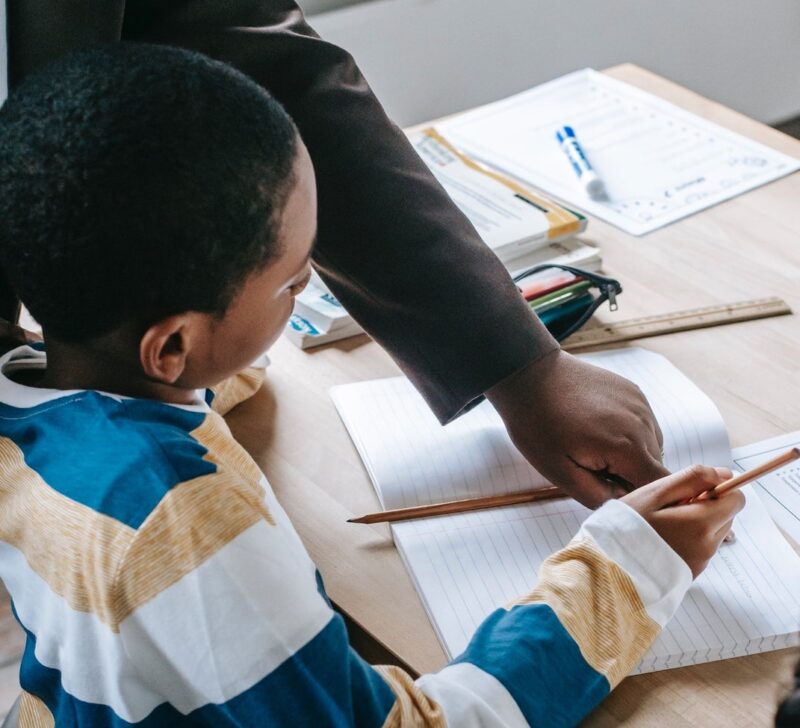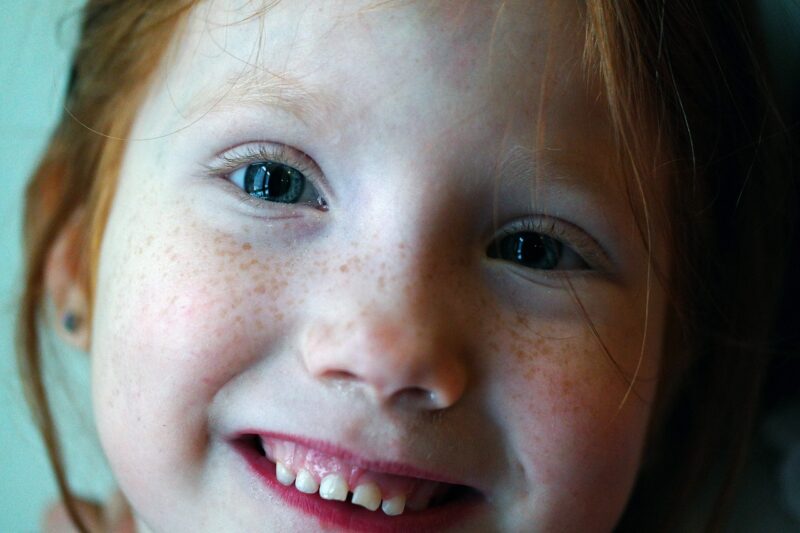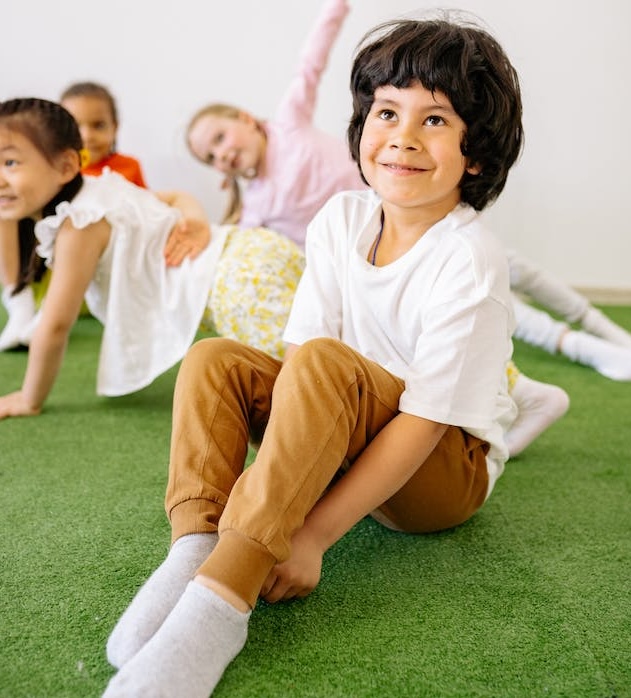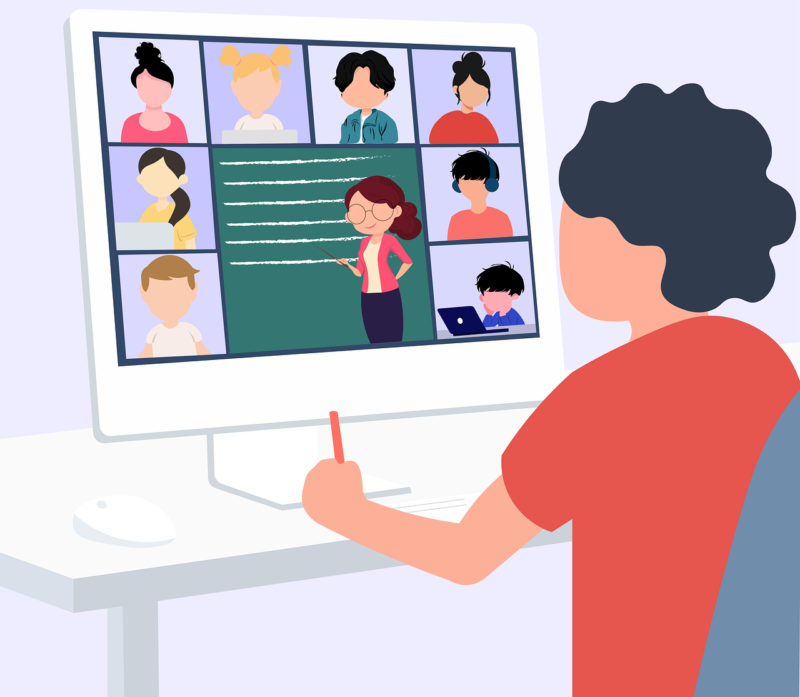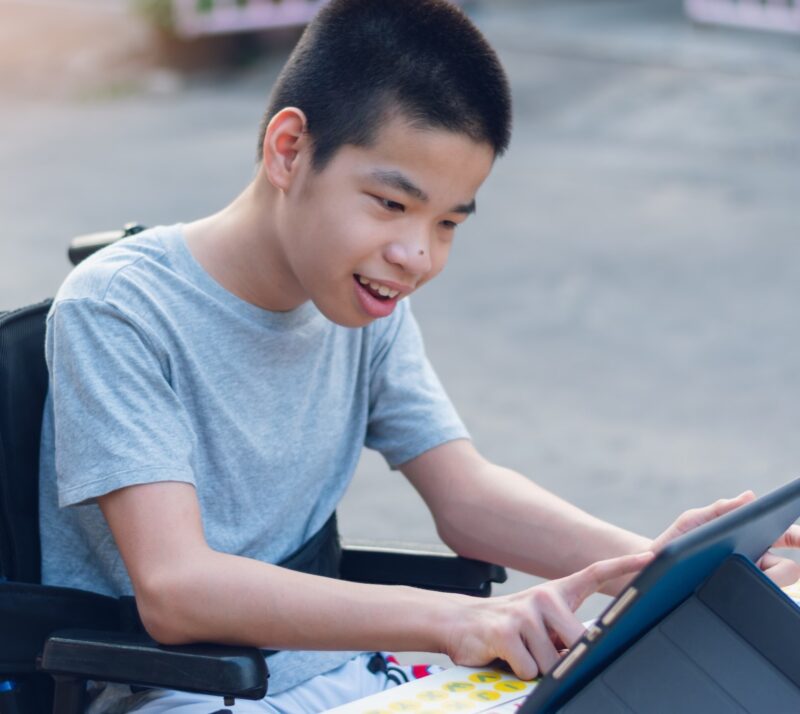
What Happens When California Students in Special Education Return to the Classroom?
For students with disabilities, the pandemic has been a landscape of extremes. Some have thrived with distance learning and want to continue in the fall, while many have languished without the in-person support of therapists and teachers and have lost Read more >>
